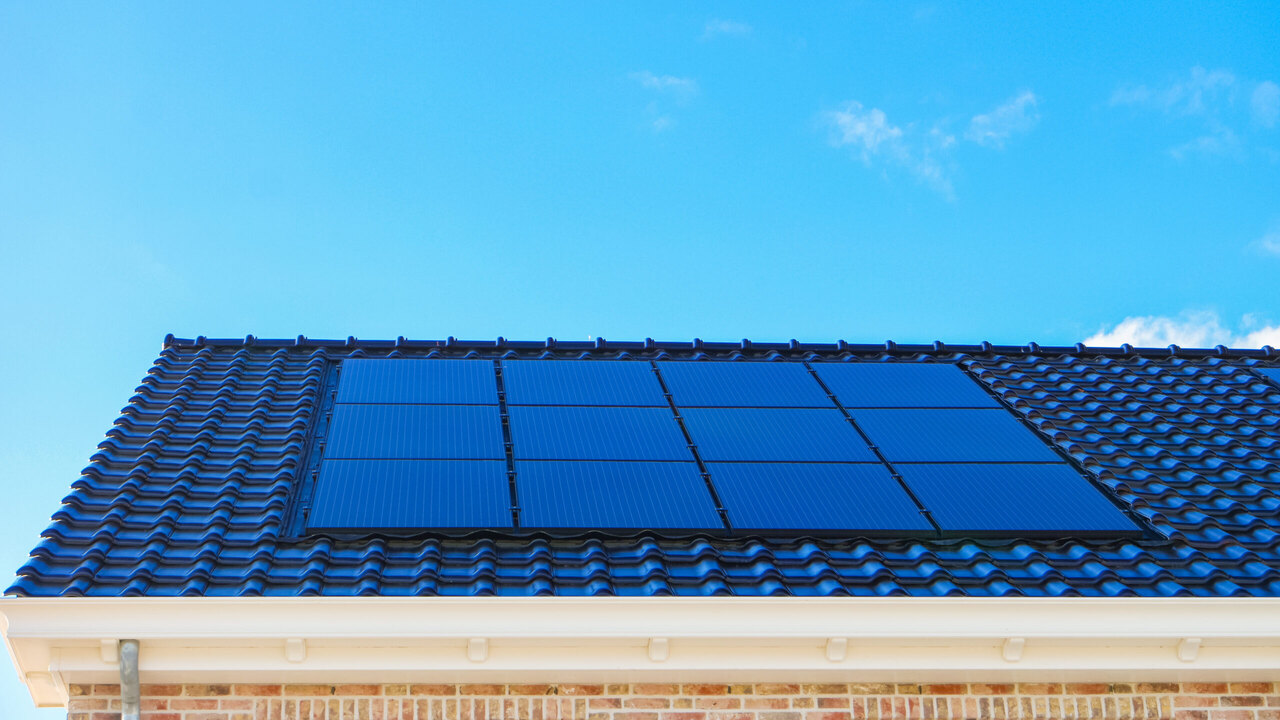In recent years, smart roofing technology has become an exciting innovation in the home improvement sector. Homeowners are increasingly turning to smart roofs to enhance their homes’ efficiency, comfort, and sustainability. This cutting-edge technology incorporates advanced materials and systems designed to optimize energy usage, reduce utility costs, and extend the lifespan of the roof.
Smart roofing includes various solutions, such as solar roofs, cool roofs, and integrated sensors that monitor the roof’s condition. These technologies not only provide environmental benefits but also offer financial savings by lowering energy consumption. By adopting smart roofing, homeowners can enjoy better temperature regulation inside their homes, which leads to a more comfortable living environment.
As energy costs continue to rise and environmental concerns grow, smart roofing technology presents an attractive option for those looking to make their homes more eco-friendly and cost-effective. With its combination of innovation and practicality, smart roofing is set to become a standard feature in modern home design. Understanding the benefits and options available can help you make informed decisions about upgrading your roofing system for a smarter, more efficient home.
Introduction to Smart Roofing Technology
Smart roofing technology is revolutionizing the way we think about our homes’ roofs. These advanced systems are designed to not only protect your home from the elements but also to improve energy efficiency and reduce maintenance needs. With the integration of cutting-edge materials and technologies, smart roofs offer a blend of durability, eco-friendliness, and high performance.
One significant benefit of smart roofing technology is its potential to lower energy bills. By incorporating reflective materials and solar capabilities, these roofs can significantly reduce the amount of heat absorbed by your home, keeping it cooler during the summer months. Additionally, smart roofing systems can adapt to environmental changes, provide real-time data on roof conditions, and alert homeowners to potential issues before they become major problems. This proactive approach helps extend the lifespan of your roof and ensures a safer living environment.
Types of Smart Roofing Technology
Smart roofing technology comes in various forms, each offering unique benefits for different needs. Here are some of the most popular types:
1. Solar Roofs: These roofs come with integrated solar panels that convert sunlight into electricity, helping reduce energy costs and reliance on traditional power sources. They are especially beneficial in sunny regions and can significantly lower monthly utility bills.
2. Cool Roofs: Made from highly reflective materials, cool roofs are designed to reflect more sunlight and absorb less heat compared to standard roofing. This helps keep homes cooler in hot climates, reducing the need for air conditioning and lowering energy consumption.
3. Integrated Sensors: These sensors are embedded within the roofing material and can monitor various conditions such as temperature, moisture levels, and structural integrity. The data provided by these sensors allows homeowners to detect issues early and take preventive measures.
4. Green Roofs: Also known as living roofs, green roofs are covered with vegetation that not only provides insulation but also improves air quality and reduces stormwater runoff. They are ideal for urban areas seeking to increase green space and promote sustainability.
5. Self-healing Materials: Some smart roofs use materials capable of “self-healing” small cracks and damages. These advanced materials help maintain the roof’s integrity for a longer period, reducing the need for frequent repairs and maintenance.
Each type of smart roofing technology brings its own set of benefits, allowing homeowners to choose the best option based on their specific environmental conditions and energy needs. Embracing these technologies can lead to a more efficient, sustainable, and durable roofing system.
How Smart Roofing Technology Improves Home Efficiency
Smart roofing technology plays a crucial role in enhancing the energy efficiency of homes. One of the key benefits is its ability to regulate indoor temperatures better. Technologies like cool roofs, designed to reflect more sunlight and absorb less heat, can significantly reduce the temperature of your home, especially during the hot summer months. This can lead to a cooler interior, reducing the need for air conditioning and, consequently, lowering your energy bills. Similarly, solar roofs can harness the power of the sun to generate electricity, further cutting down on energy costs.
Integrated sensors are another component of smart roofing that can boost home efficiency. These sensors can detect issues such as moisture accumulation, leaks, and structural weaknesses in real-time. By alerting homeowners to problems early on, these sensors help prevent major damage and avoid costly repairs. Additionally, by maintaining the roof’s structural integrity, these technologies ensure that your home remains well-insulated, reducing heat loss in the winter and keeping the cool air in during the summer.
Considerations When Installing Smart Roofing
Before opting for smart roofing technology, homeowners should consider several factors to make an informed decision. First and foremost, the cost of installation can be higher compared to traditional roofing materials. While the long-term savings in energy bills and reduced maintenance costs can offset these initial expenses, it’s essential to budget accordingly. Ensure you get multiple quotes and understand what each package includes to avoid any surprise costs.
Compatibility with your existing roofing structure is another important consideration. Not all smart roofing technologies may be suitable for every roof type. For instance, some older homes may require structural reinforcement to support the weight of solar panels or clay tiles. Additionally, the integration of sensors and other smart components may require upgrades to your home’s electrical system. It’s crucial to consult with a professional roofing contractor to assess the feasibility and make necessary preparations.
Maintenance is also a critical aspect to consider. While many smart roofing solutions are designed to be low-maintenance, they may still require periodic inspection and upkeep to function optimally. Make sure to understand the specific maintenance needs of the technology you choose, whether it’s cleaning solar panels or ensuring sensors are properly calibrated. Regular maintenance will ensure that your smart roofing system remains efficient and extends its lifespan.
Conclusion
Smart roofing technology offers a modern solution to the age-old problem of maintaining a durable and efficient roof. By harnessing advancements such as cool roofs, solar panels, and integrated sensors, homeowners can achieve significant energy savings, enhanced home comfort, and early detection of potential issues. However, it’s important to weigh the initial costs, compatibility, and maintenance requirements before making a decision.
As we move further into 2024, the promise of smart roofs continues to grow, making now an excellent time to explore these innovative options. For professional advice and top-notch roofing solutions, contact Mega Pro. Let us help you make the smartest choice for your home’s roof.


